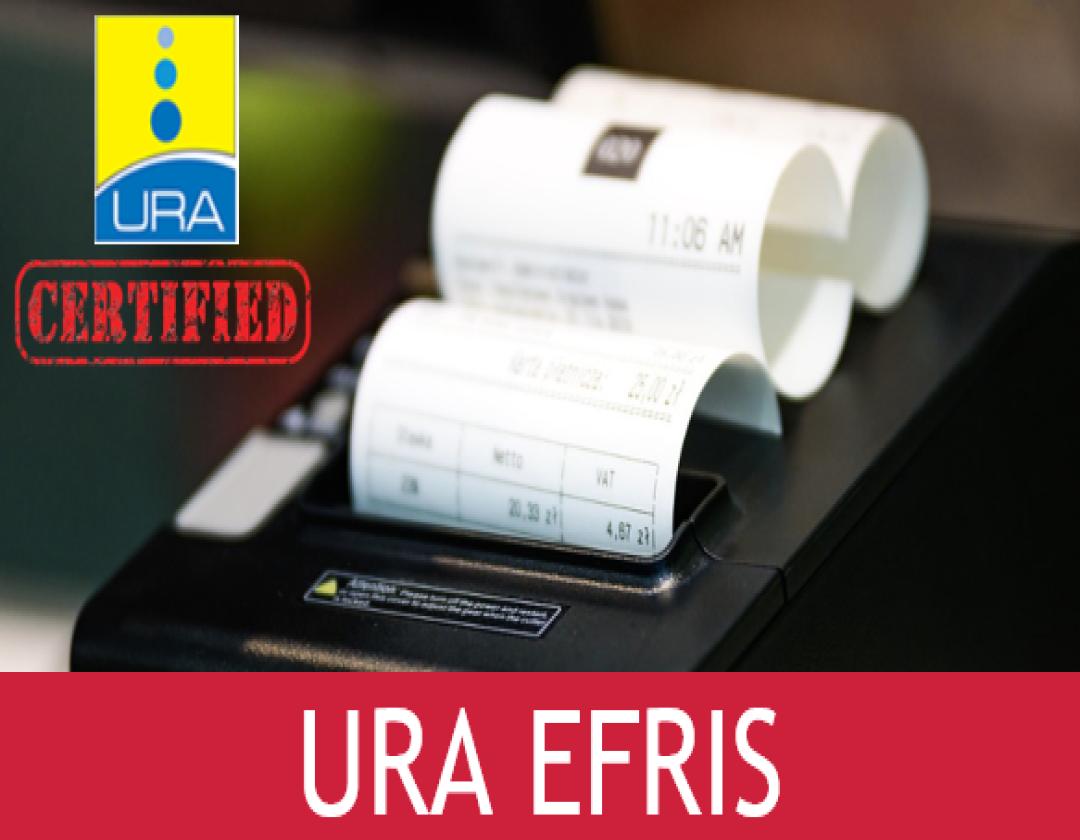Kenya maize ban: Government releases list of 23 certified maize milling companies
The Uganda National Bureau of Standard (UNBS) has released a list of companies certified to do maize milling in Uganda.
The Kenyan government after several days, lifted the ban on imports of Ugandan and Tanzanian maize with strict conditions on exporters aimed at curbing the importation of products that contain cancer–causing aflatoxin.
Keep Reading
- > PPDA asks districts to use use alternative procurement processes to avoid returning money to consolidated fund
- > Uganda to introduce national children play day
- > Review courses before licencing universities, Tayebwa asks gov't
- > Minister Among calls for social protection for workers in informal sector
Among the conditions that were set, all exporters of maize imports will be required to be registered and consignments entering Kenya must have certificates of conformity on aflatoxin levels.
However, in the latest statement, UNBS has released a list of companies they say are the only ones certified to do maize milling in Uganda.
“The Uganda National Bureau of Standards (UNBS) has released a list of certified maize milling companies as at 23rd March 2021. This is in line with the UNBS mandate of consumer protection, aimed at protecting Ugandans from buying substandard maize flour which could be harmful to their health,” UNBS said in a statement.
The updated list according to UNBS has 23 companies, producing 27 brands of certified maize flour and maize grains.
“UNBS has received applications from over 50 maize flour dealers, who are in the process of certification. UNBS will issue updated lists periodically.”
Standards
According to UNBS, there are set standards that ought to be met by maize millers to ensure they minimise contamination and ensure safe maize flour on the market.
“Maize flour millers are advised to ensure that the business premises, the maize milling equipment and stores are regularly cleaned and the cleaning records are well kept, as required by the Uganda standards,”UNBS said.
“Millers should ensure that there is no foreign matter like stones, wooden particles, hair or nails in the flour and avail magnets to get rid of metal that could have contaminated the maize flour during the milling process.”
The quality body also urged millers to avoid storing maize or maize flour directly on the floor but rather on pallets to avoid contact with damp flour that could lead to moulds and aflatoxin contamination of the maize and maize flour.
“Avoid using unacceptable pest control methods like spraying with pesticides and insecticides which contaminates the maize flour. Cats too leave fur behind, which contaminates the flour so they should be avoided. Make use of traditional rat traps and acceptable pest control methods that do not contaminate the flour in the stores.”
UNBS has also had engagements with maize millers and on-site capacity building visits in various areas across the country to ensure they adhere to quality standards.

















